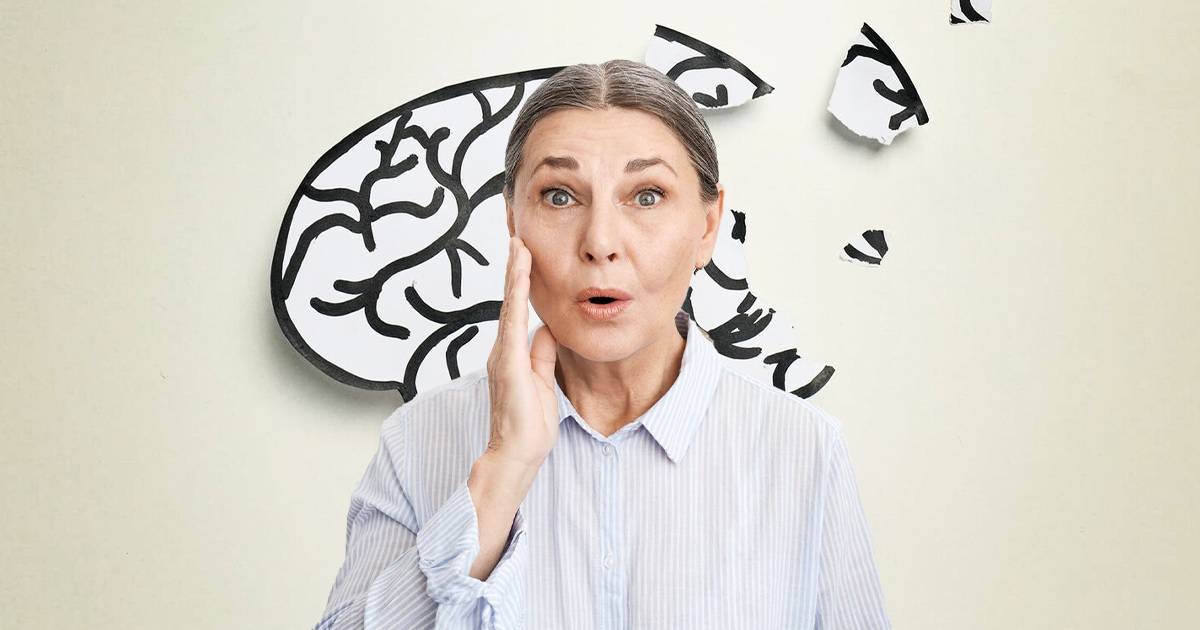Does ADHD Get Worse with Menopause? Its Impact and Symptoms Management

ADHD or Attention-Deficit/Hyperactivity Disorder is a neurodevelopmental disorder characterized by persistent patterns of inattention, impulsivity, and hyperactivity. Symptoms can vary widely and may include difficulty focusing, misplacing items, always being late, risky behaviors, a lack of listening, an inability to prioritize, and relationship issues.
According to the Centers for Disease Control and Prevention, an estimated 6 million children aged 3–17 years have been diagnosed with ADHD, which represents around 9.8% of children in this age group. In adults, the prevalence of ADHD is estimated to be between 2.5 percent and 4.4 percent, with a 5.4 percent diagnosis rate in men and 3.2 percent in women. Despite the difficulties associated with ADHD, individuals with ADHD can live successful and fulfilling lives with the right treatment and support.
As women approach menopause, they may experience changes in their ADHD symptoms. This article investigates the relationship between menopause and ADHD as well as how it affects symptoms.
The Role of Estrogen in Mood and Menopause
Estrogen, a crucial hormone in the female body, governs a range of functions, from reproductive health to mood regulation. It has been found that estrogen enhances the effects of serotonin and dopamine, neurotransmitters that are vital for mood regulation. Balanced estrogen levels contribute to a positive mood and overall sense of well-being.
Nevertheless, changes in estrogen levels can profoundly affect mood. Elevated estrogen levels, often seen during pregnancy or with certain types of birth control, can lead to symptoms such as anxiety, depression, mood swings, and irritability. Conversely, diminished estrogen levels, typical during menopause, can also lead to mood alterations, including depression, anxiety, mood swings, irritability, and issues with concentration and memory.
Menopause marks the cessation of a woman’s reproductive years, and a significant change during this period is a decline in estrogen levels. This hormonal shift can heighten mood-related symptoms and potentially lead to increased anxiety, depression, mood swings, and other mood disorders. These changes can also affect cognitive function, resulting in memory and concentration issues, often referred to as “brain fog.”
ADHD and Menopause: A Complex Interaction
When ADHD, a condition often associated with childhood, meets menopause, a definitive marker of aging, the interaction can lead to a unique set of challenges. Women with ADHD who are undergoing menopause or perimenopause may experience a significant shift in their symptoms and overall well-being.
ADHD symptoms, which include difficulty focusing, impulsivity, and hyperactivity, can be exacerbated during menopause and perimenopause. This is primarily due to the fluctuating hormone levels, particularly estrogen, during this period. As discussed earlier, estrogen impacts neurotransmitters like norepinephrine, which are implicated in ADHD. The decline in estrogen during menopause can therefore potentially worsen ADHD symptoms.
In practical terms, this might mean that tasks requiring concentration may become more challenging, forgetfulness could increase, and emotional regulation might become more difficult. Furthermore, common menopausal symptoms such as hot flashes, sleep disturbances, and mood swings can compound the difficulties faced by women with ADHD.
These changes, when combined, can have a significant impact on daily life and functioning. It may affect productivity at work, relationships, and overall mental health. Understanding this intersection of ADHD and menopause is crucial for women navigating this life stage, as it can inform strategies for symptom management and maintaining quality of life.
Managing Worsened ADHD Symptoms due to Menopause
The exacerbation of ADHD symptoms during menopause can be daunting, but there are several strategies and treatments available to help manage these changes. It is critical to remember that each woman’s experience is unique, so what works for one woman may not work for another. Here are some potential approaches:
Hormone Replacement Therapy (HRT)
HRT can help stabilize hormonal fluctuations and potentially alleviate worsening ADHD symptoms during menopause. However, because HRT is not suitable for everyone, it is critical to discuss the benefits and risks with a healthcare provider.
Medication Adjustment
If you’re already on medication for ADHD, your dosage or the type of medication may need to be adjusted during menopause. This should only be done under the supervision of a medical professional.
Cognitive Behavioral Therapy (CBT)
CBT can help you manage ADHD symptoms and cope with the changes that come with menopause. This might include developing strategies to improve focus, manage impulsivity, and handle mood swings.
Lifestyle Changes
Regular physical activity, a balanced diet, adequate sleep, and stress management techniques such as mindfulness and meditation can all help manage ADHD symptoms and improve overall well-being.
Support Groups
Connecting with others who are going through similar things can provide emotional support as well as practical advice. Look for local or online ADHD or menopause support groups.
Professional Help
Don’t hesitate to seek help from professionals such as psychologists, psychiatrists, or ADHD coaches who can provide valuable insights and strategies.
Preparing for Menopause with ADHD
For women, menopause is an inevitable stage of life. It causes substantial emotional and physical changes, which can be especially difficult for women who have ADHD. The hormonal shifts that occur during this phase can exacerbate ADHD symptoms and impact daily life, relationships, and overall well-being.
Recognizing this potential challenge early on allows for better preparation and management. Being aware of how menopause might affect ADHD symptoms provides the opportunity to create a proactive plan. This could involve discussing potential medication adjustments with your healthcare provider, exploring therapies like cognitive behavioral therapy, or implementing lifestyle changes to support overall health and well-being.
Connecting with support networks, whether they’re professional or peer-based, can also be invaluable. It can be consoling and helpful to share tactics and experiences with people who are going through similar things.
Ultimately, navigating the intersection of ADHD and menopause requires a personalized approach informed by professional advice and a personal understanding of one’s body and mind. With careful planning and management, this challenging period can be navigated more smoothly, allowing women to continue living fulfilling lives despite the changes.
